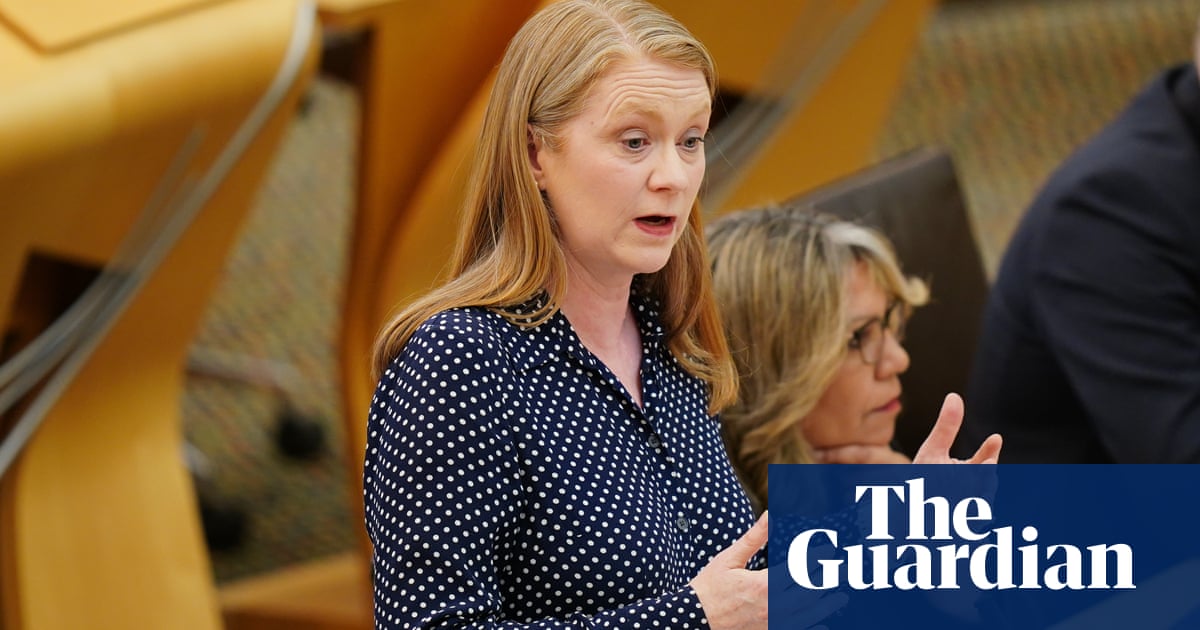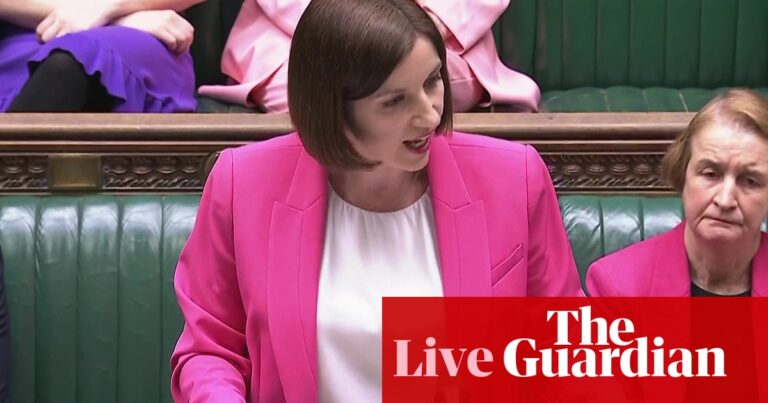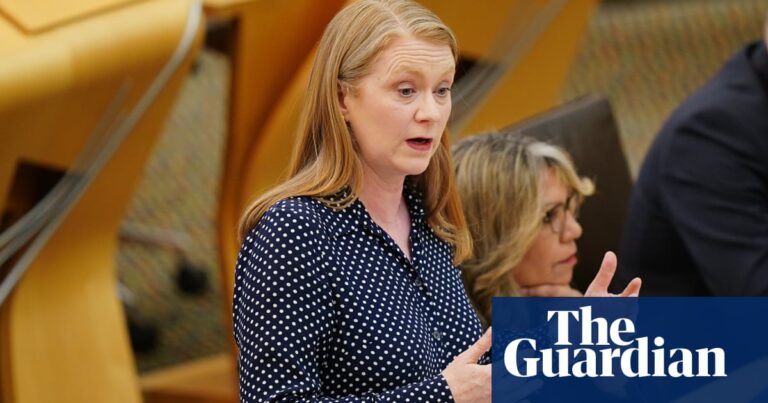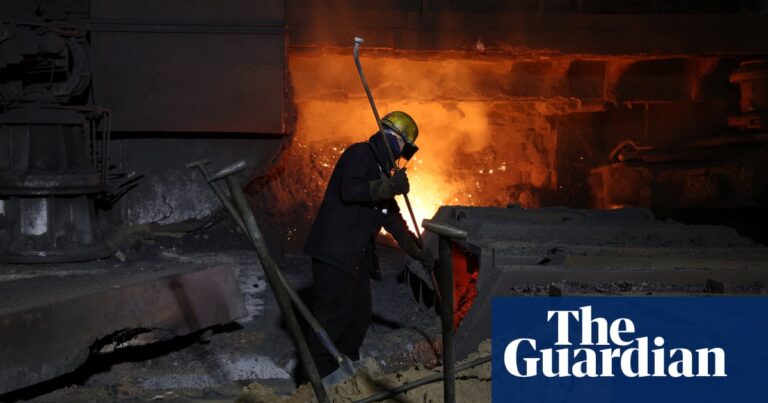
The Scottish government has said it will abandon its plans to change legislation on gender recognition, the high watermark of Nicola Sturgeon’s progressive agenda, as it moved to reassure the trans community that “you are valued”.
In a statement to MSPs on Tuesday afternoon, the social justice secretary, Shirley-Anne Somerville, said Holyrood “fully accepts” the judgment of the supreme court, which ruled against Scottish ministers last Wednesday in the culmination of a long-running legal action brought by the campaign group For Women Scotland.
In a decision that was backed by gender-critical activists, five judges ruled unanimously that the legal definition of a woman in the Equality Act 2010 did not include transgender women who hold gender recognition certificates (GRCs).
For Women Scotland were challenging Scottish government legislation aimed at improving gender balance on public boards, which allowed trans women with a GRC to sit in posts reserved for women.
Somerville said the Scottish government would now amend guidance on this legislation to take account of the ruling.
Speaking on the ruling and its potential impact, she added that her government had “no plans” to bring back Sturgeon’s flagship gender recognition agenda, which was blocked by Rishi Sunak’s UK government in 2023.
It marks a significant change of tone under the first minister, John Swinney, who has avoided re-engaging with an issue that has been divisive within his party – in particular those opposed to the Sturgeon-brokered governing partnership with the Scottish Greens and their focus on LGBT+ policies.
Somerville added that gender recognition was a “fundamental piece of equality legislation”, that the Scottish government would oppose any repeal of the 2004 act and was ready to “engage constructively” with UK Labour on its own proposals.
The Guardian reported in February that Labour had quietly mothballed its manifesto pledge to make it easier for people to legally change their gender amid concerns about the rising popularity of Reform UK.
Addressing the trans and non-binary community, Somerville said that she had spoken to support groups last week, which reported “real anxiety from their networks and service users and concerns about their daily lives”.
She added: “I want to reassure our trans community that you are valued, and the Scottish government is fully committed to protecting everyone’s rights – and that includes your community.”
Somerville was also pressed on how the supreme court judgment would affect public sector guidance on trans inclusion in Scotland, where an ongoing employment tribunal brought by a female nurse who did not want to share changing room with a transgender women doctor has highlighted concerns.
The social justice secretary said that she was meeting the Equality and Human Rights Commission on Thursday to discuss their forthcoming guidance for public bodies and called for the process to be “inclusive and ensuring engagement with all of those on whom it will impact”. But she did not give a timeframe for the Scottish government to revise its own guidance.
Scottish Labour’s Jackie Baillie pointed out that the SNP government had a “poor track record” in court with “at least ten cases of failed action”, including Sturgeon’s own challenge that resulted in the supreme court ruling against Holyrood holding a second independence referendum without Westminster approval.
She asked how much taxpayers’ money has been spent in defending this case. Somerville said she was “unable [to give Baillie] a number” but that such costs would be made public.
A number of LGBT+ MSPs of all parties referenced the insistence of Lord Hodge, who delivered the judgment, that the ruling should not be read “as a triumph of one or more groups in our society at the expense of another, it is not”.
As public and private sector organisations wrestle with the practical implications of the ruling, and trans advocates raise concerns about access to basic facilities such as toilets, Somerville acknowledged that in future “services and facilities may have to be delivered in a different way in some aspects” but added it was “important that everyone has access”.
Source: theguardian.com
















